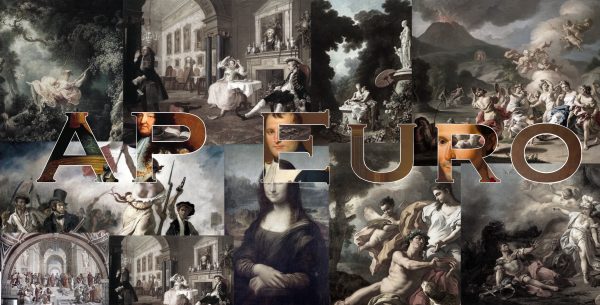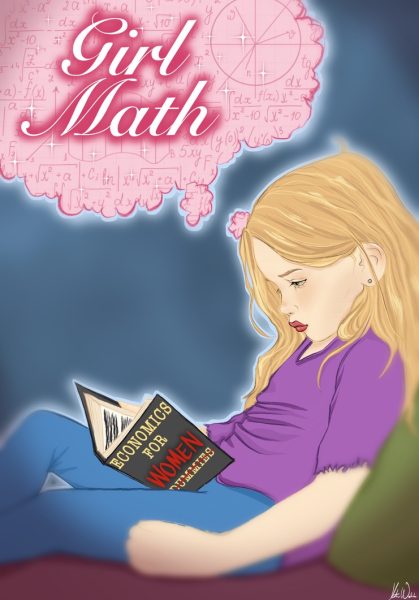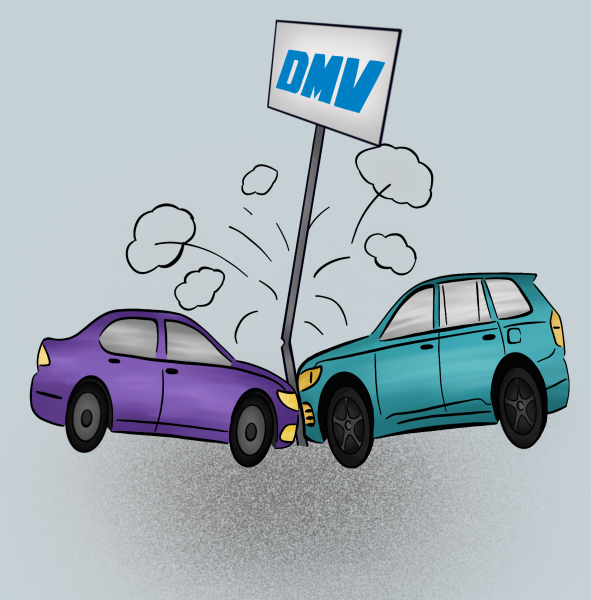Letter to the Editor: Caron Brownlee
November 5, 2015
“The Full Catastrophe of Being a Teacher”
When the space shuttle Challenger exploded, I was called to become a teacher. Christa McAuliffe was the cheery and passionate social studies teacher chosen to ride with the astronauts on that fateful day: January 28, 1986. All 6 astronauts and McAullife perished in the failed shuttle launch. As President Ronald Reagan portended in their eulogy, I certainly haven’t forgotten them since they “…waved goodbye and ‘slipped the surly bonds of earth’…”.
I have been a social studies teacher since 1996, first at Berkmar High School in Georgia and now at Campolindo since 1999. When I first started, I was dedicated to becoming the BEST teacher ever! This is such a common ambition for most new teachers that it should just be 1 word: Bestteacherever. I was going to connect with EVERY student EVERY day with well-crafted and mind-blowing lesson plans.
This attitude also colored how I approached becoming a parent 9 years ago. I was going to be the BEST mother ever! (Also known as Bestmotherever.) I would always be patient, composed, wise, and crafty in my child-rearing endeavors. Although my parenting intentions are always pure, my actions aren’t always perfect; hence why I’ve told my kids “I’m sorry” almost as much as I say “I love you.”
Just as I feel about the mission of parenting, I believe being an educator is a noble vocation and should only be filled by those whose aspirations are of the highest caliber.
Unfortunately, my wishes and the trappings of the human condition do not always jibe. Here’s a simple syllogism to explain the complexity: Humans are emotional creatures. Teachers are human; therefore, teachers are emotional creatures.
To be more blunt, it is hard being a teacher.
In today’s lexicon, the term “teacher burnout” is as common as the phrases “climate change” and “student debt.” It’s a job in which almost 50% leave during the first 5 years and the attrition rate stays around 17% after those first years. It’s a job that simultaneously asks you to make connections with students, but also take command of the classroom; frequently collaborate with colleagues, but then execute the curricular design all by yourself; speak with authority about your subject matter, but also be able to say “I don’t know the answer” when challenged. The hardest part of the gig, in my opinion, is when I’m struggling with the human condition. When I’m wrestling with formidable feelings like discouragement, sadness, confusion, or heartache, I am still expected to take command of more than 150 students, speak with authority, and deliver well-crafted and mind-blowing lesson plans when all I really want to do is hide, cry, or commiserate with a confidante.
I really do try to make creative and meaningful lesson plans, but sometimes the execution of my clever ideas are muted by whatever is happening in my personal life. For some teachers, it brings great comfort to be forcibly distracted from their private woes for 50 minutes to teach about something as important as Government or Economics. For myself, it can be such an arduous task to have to explain how a bill becomes a law or the difference between fiscal and monetary policy when all I want to do is tend to the matters that are currently weighing heavy on my heart. And those heart matters become heavier as I feel guilty that I’m not being the Bestteacherever that day.
I wish I could better compartmentalize my personal and work life, but if any profession begs for the virtues of authenticity and open-heartedness, it’s that of an educator. The daily practice of these 2 qualities could lead to deeper connections and thus, less burnout. Honestly, there are days that I wish I could just tell my students, “Look, I’m having a hard time and doing the best I can. I don’t want my struggle to diminish my wish and your right to gain some meaningful knowledge so let’s help each other get through the next 50 minutes. My heart may be heavy, but it still wants to inspire you today.” This type of candid conversation could very well be a student’s most valuable lesson: witnessing their teacher, if I may refurbish a tired platitude, Express Vulnerability and Carry On.
My intention is to carry on the spirit of the woman who roused me to become a teacher in the first place, Christa McAuliffe, who became legendary on the day the Challenger exploded almost 30 years ago. I know her impact would have been even greater had she lived to teach many more students. If she were still alive and I had the opportunity to speak with her, I would ask her how she protected herself from the dreaded “teacher burnout”. I wouldn’t be surprised if she cheerily and passionately declared, “with loads of self-compassion for those moments when you just can’t be the Bestteacherever.”



April Mays • Feb 27, 2024 at 10:29 am
Is this Caron Brownlee? From Berkmar in the 90’s???
Patti Liberman Rusk • Dec 1, 2015 at 5:56 pm
Thank you Caron for being so brave and telling the truth! I think you are most perfectly imperfect! I wholeheartedly agree that teaching is incredibly hard and I support you being honest and real and taking good care of yourself. Our children most definitely need to learn first and foremost how to be good human beings and they can learn that so well from their teachers when they are honest and real.